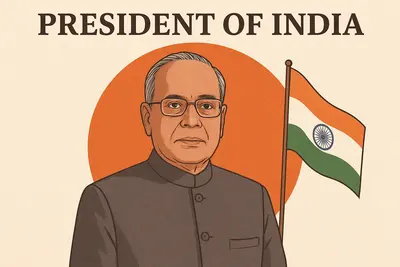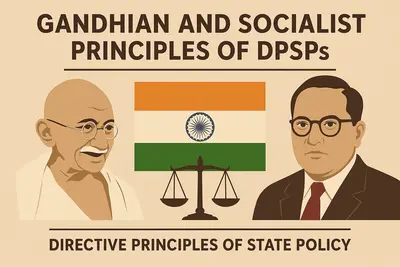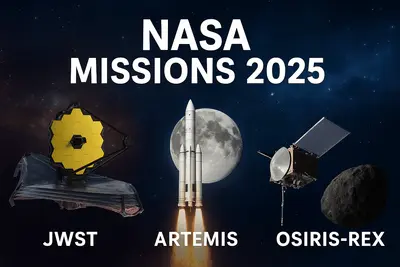The Feminist Concept of Citizenship: From Exclusion to Empowered Belonging
Introduction: The Global Reality of Women’s Inequality In 1980, a landmark UN report revealed a shocking truth: Women form half of the world’s population, contribute two-thirds of its work hours, receive only one-tenth of global income, and own less than one-hundredth of the world’s property. This contrast between contribution and reward reflects a deeper issue—citizenship […]
The Feminist Concept of Citizenship: From Exclusion to Empowered Belonging Read More »




